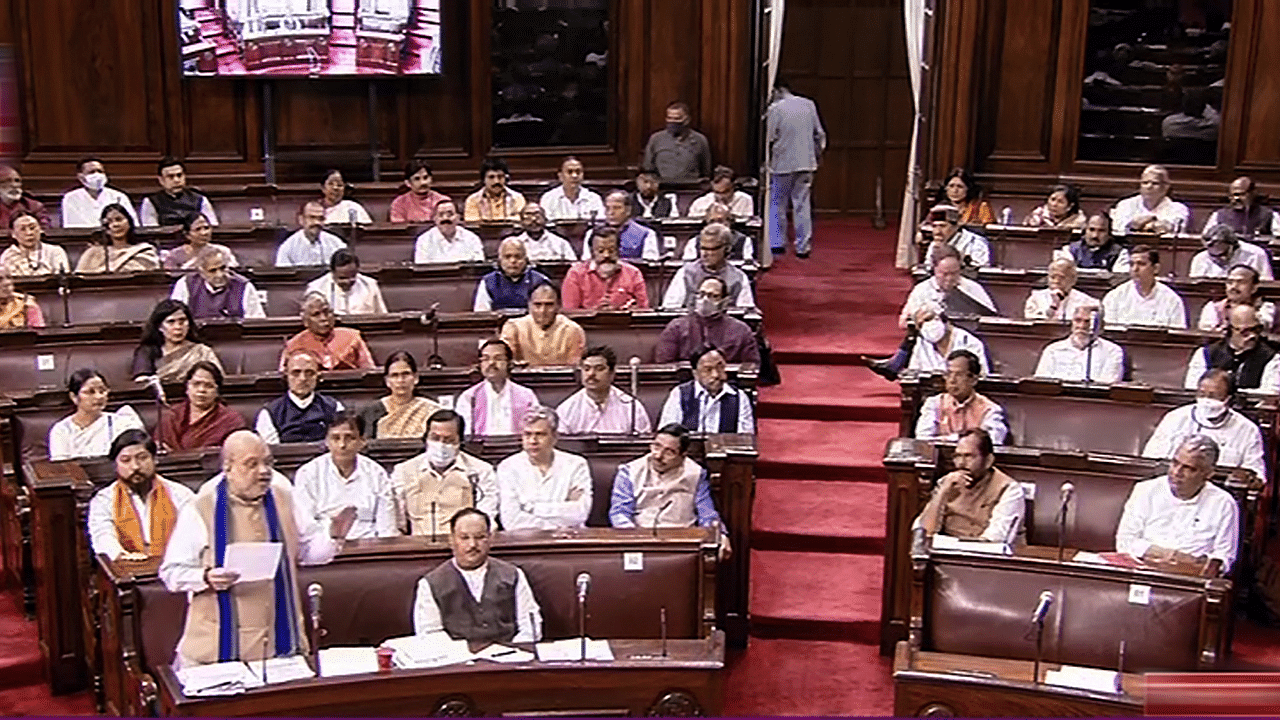
Parliament recently passed the Delhi Municipal Corporation (Amendment) Bill-2022 to unify three civic bodies in the national capital, with Home Minister Amit Shah stating in Rajya Sabha that it was necessitated due to the ‘step-motherly’ treatment meted out by the AAP government towards the local bodies.
The Rajya Sabha gave its nod to the Bill through a voice vote after negating all the amendments sought by the opposition, including a motion to send the proposed legislation to a select committee.
So how does the Bill impact the capital, and why are AAP and BJP at loggerheads over the new Bill?
The Bill is to merge Delhi’s three municipal corporations - South, North, and East. The Bill passed by Rajya Sabha brings down the number of existing wards (272) in three corporations to 250 and provides for the appointment of a special officer to run them till the first meeting of an elected House of unified Delhi Municipal Corporation.
The MCD was trifurcated in 2011 by the then-Delhi government led by Sheila Dikshit to create compact municipalities aimed at providing a better delivery of services.
However, post-bifurcation, the North East civic bodies faced financial distress. The division of resources was also unequal between them, a report by The Indian Express said.
The AAP and the Congress in Delhi have been critical of the Centre's move to bring the Bill a month before the terms of the three municipal corporations were to end.
The BJP has been ruling the municipal corporations in Delhi for the last 15 years and the AAP has been sensing an opportunity to oust it from power and strengthen its grip on the national capital.
Sources told PTI that the reduction in the number of wards in the proposed unified municipal body is also likely to affect the composition of several Assembly constituencies in Delhi.
Delhi presently has 70 Assembly seats.
Currently, the three corporations in Delhi -- North Delhi Municipal Corporation (NDMC), South Delhi Municipal Corporation (SDMC) and East Delhi Municipal Corporation (EDMC) -- have 272 wards. While the North and South corporations have 104 wards each, the East corporation has 64.
The number of seats in the merged municipal corporation of Delhi will not exceed 250, and a special officer may be appointed to oversee its function till the first meeting of the body is held under the reunification law, according to the Bill.
(With agency inputs)
Watch the latest DH Videos here: